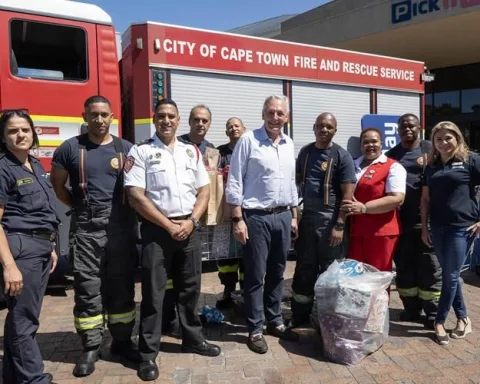The construction and civil engineering sectors in Ireland are facing a critical skill shortage that South African graduates can help address. The Department of Employment and Labour of South Africa is collaborating with the Irish Government’s Department of Social Protection in a recruitment drive to find highly skilled South African graduates to work in Ireland.
Ireland’s Ambitious Housing and Retrofitting Goals
Ireland aims to build 33,000 new homes annually for the rest of the decade and retrofit 500,000 homes by 2030. This target requires an additional 51,698 construction workers in the coming years. To address this skill shortage, Ireland is seeking support from several governments, including South Africa.
Physical and Virtual Interviews for Qualified Candidates
The recruitment drive began on June 22, 2023, with a Jobs Fair in Johannesburg’s Birchwood Hotel. Irish companies conducted physical and virtual interviews with South African candidates. The first phase of the recruitment drive focused on high-level skills in civil engineering and related fields, with the possibility of extending the search to other sectors. The event continued until June 23, 2023.
Employment Opportunities for Competent South African Graduates
Candidates selected for critical skilled work positions will receive a two-year permit, while those chosen for general employment will receive a one-year permit. This initiative offers employment opportunities for competent South African graduates and contributes to Ireland’s efforts in addressing the skill shortage in its construction and civil engineering sectors.
Collaboration for a Sustainable Future
The collaboration between South Africa and Ireland exemplifies how countries can work together to address issues that transcend national boundaries, such as skill shortages in vital sectors. It highlights the potential of South African graduates to make a significant impact on the global stage, and the importance of education and skill development in creating a sustainable future.
For more information about this recruitment drive or to apply for positions, interested individuals can contact Teboho Thejane, Departmental Spokesperson, at Teboho.Thejane@labour.gov.za.












